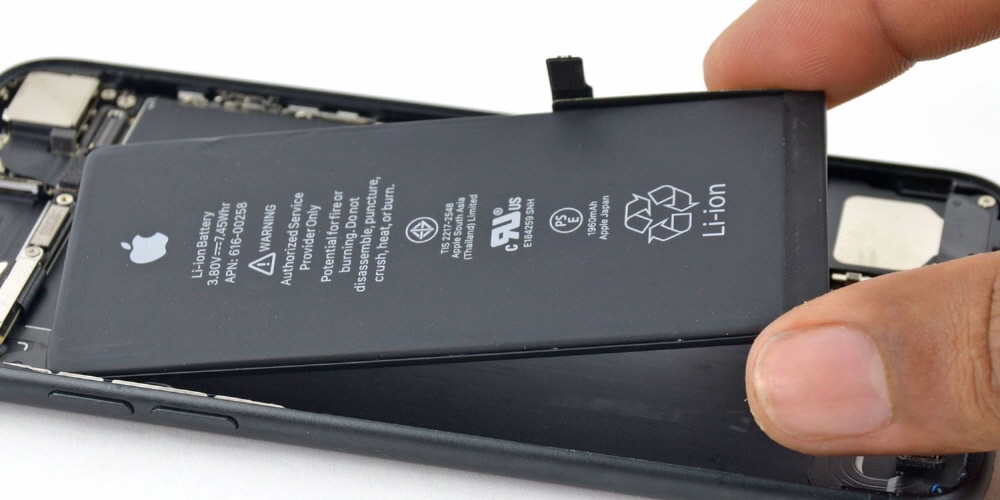
Reports reported that Apple has agreed to pay $113 million in reconciliation with 34 US states and local law enforcement authorities for a so-called battery gate that deliberately slows down iPhones with poor battery performance.
The origin of the problem is that it is acknowledged that at the end of 2017, Apple introduced a structure in iOS that intentionally slowed down the processing speed of old iPhones with poor battery performance. Apple explained that it was intended to prevent damage to the iPhone by preventing accidental termination, but without explaining this in its release notes, it developed into large-scale protests, class actions, and judicial investigations.
Law enforcement officials have criticized the Apple method for making it feel that the only way to make a difference to many consumers in the end is to buy a new iPhone. The Arizona state side pointed out that Apple is relying on unfair and deceptive behavior or practices to potentially increase sales of millions of units each year.
The report says law enforcement officials have secured financial penalties and legal commitments from Apple. The former is the settlement fund stated above, and the latter requires disclosure of battery health and power management practices.
The settlement with law enforcement officials doesn’t include Apple’s agreement to pay up to $500 million to regular users in class action. This was a form of increasing or decreasing the total amount from $300 million to $500 million, as you could pay $25 per iPhone eligible for the condition.
As a result of this incident, Apple added a function to check the battery status after iOS 11.3, and last year’s iPhone 11 series introduced a new power management system to suppress the performance impact caused by battery deterioration. As a result, it can be said that it has contributed to the evolution of the iPhone and iOS. Related information can be found here .

